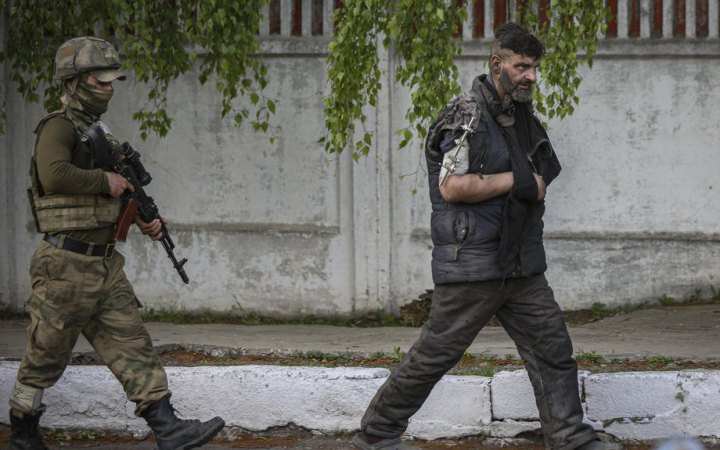Two years after Russia's full-scale invasion of Ukraine, civilians continue to suffer unbearably as a result of Russia's disregard for basic principles of humanitarian law and human rights obligations. This is stated in the report of the UN Independent International Commission of Inquiry on Violations in Ukraine published on 15 March.
The Commission has found new evidence that the Russian authorities have committed violations of international human rights law and international humanitarian law, as well as war crimes in the territories under their control in Ukraine.
The Commission is concerned about the continued use of explosive weapons in civilian areas. The number of such attacks indicates a pattern of disregard by the Russian armed forces for the possible harm to the civilian population.
The Commission concluded that the fighting in Mariupol and the siege of the city at the beginning of the full-scale invasion had an extremely serious impact on the civilian population. Satellite imagery showed the total destruction of entire districts of the city. Residents described the unbearable suffering they endured during the merciless shelling and aerial bombardment, which caused massive loss of life, injury and destruction.
According to civilians, after they came out of their shelters, they saw bodies lying scattered on the streets and in the ruins of their own homes.
The Commission's findings indicate that at least 58 medical facilities and 11 power stations were damaged or destroyed in Mariupol.
Overall, recent indiscriminate attacks in violation of international humanitarian law by the Russian armed forces have resulted in civilian casualties, as well as destruction and damage to civilian objects, including protected objects such as hospitals and cultural heritage sites.
In many cases, the Russian armed forces did not take possible precautions to ensure that the affected objects were not civilian.
"We are concerned about the scale, duration and gravity of the violations and crimes investigated by the Commission, as well as their impact on victims and affected communities," said Commission Chairperson Erik Møse.
The new evidence confirms the Commission's previous findings that the use of torture against civilians by the Russian authorities in Ukraine and the Russian Federation is widespread and systematic.
In the current report, the Commission focuses on cases of torture of Ukrainian prisoners of war and describes the appalling treatment of them in several places of detention in the Russian Federation. The testimonies of the victims show the ruthlessness and cruelty of this treatment, which caused the victims severe pain and suffering during prolonged detention. All of this was carried out with blatant disregard for human dignity and caused long-term physical and mental trauma.
One Ukrainian serviceman, who was detained and tortured by Russian authorities in several places of detention, described his experience in a penal colony in Donskoy, Tula Region, where he was constantly tortured, suffering broken bones, broken teeth and gangrene on his injured foot.
"I lost all hope and the will to live," the soldier said, adding that he tried to commit suicide, but the perpetrators started beating him. After his release from captivity, the soldier was hospitalised 36 times.
Investigations have revealed further evidence of the illegal transfer of children to Russian-controlled territories.
The report documents cases of rape and other sexual violence committed against women and girls in circumstances that also amount to torture. The report also details cases of sexualised torture and threats of rape against male prisoners of war.
The Commission's current findings suggest that further investigations are needed, in particular to establish whether some of the incidents identified may amount to crimes against humanity.
Finally, the Commission reiterates the importance of ensuring that perpetrators are identified and brought to justice. Bringing perpetrators to justice is crucial, but addressing the needs of victims is equally important. The Commission therefore equally emphasises the importance of other aspects of accountability, such as truth, reparation and guarantees of non-recurrence.
This report presents the findings of the Commission during its second mandate. The Commission will present its report to the UN Human Rights Council in Geneva early next week.








